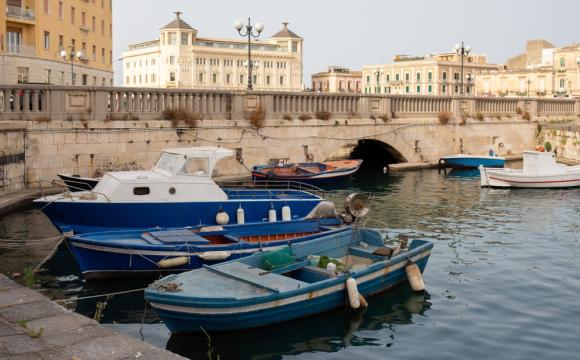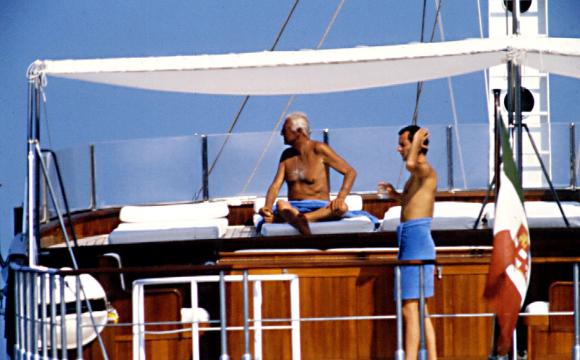Italy's new immigration policy of returning to Libya migrants rescued or intercepted at sea is an effective deterrent to illegal migration in the Mediterranean, Interior Minister Roberto Maroni told the Senate on Monday.
Under the controversial initiative, which sees a key part of a landmark accord with Libya implemented for the first time, migrants are rescued in international waters and taken back to Libya where humanitarian organisations can vet their asylum claims.
Providing figures on the so-called 'push-back' policy, Maroni said 471 migrants had been sent back to Libya from May 6 to 10, after the launch of the policy.
The initiative has been contested by the centre-left opposition, the Catholic Church, humanitarian organisations and the United Nations.
Boat migrations in the Mediterranean ''have pratically come to halt,'' Maroni said.
The minister said Italy would persist with the initiative ''without wavering'' because ''it is saving many lives at sea and is producing a drastic decline in arrivals'' on its southern shores.
Maroni also rebutted criticism, arguing that the initiative is ''in line with existing legislation''.
However, the UN refugee agency UNHCR says the initiative undermines access to asylum in the European Union and carries with it the risk of violating the fundamental principles enshrined in the 1951 (Geneva) Convention on refugees and other instruments of international human rights law.
Non-refoulement is a principle in international law, specifically refugee law, that concerns the protection of refugees from being taken back to countries where their lives or freedom could be threatened.













